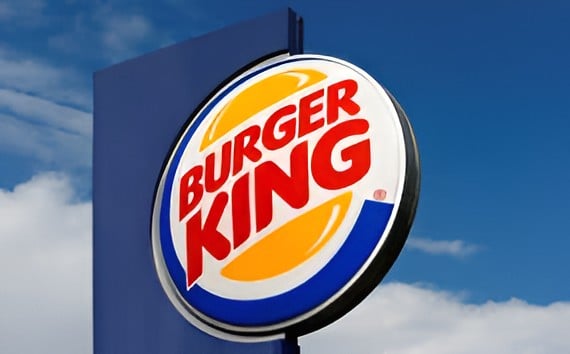
A California federal judge recently ruled that Burger King’s parent company must face a proposed class action lawsuit alleging it illegally tracked website visitors, even after they opted out of such tracking. The ruling means that the case will move forward in court rather than being resolved through private arbitration.
This decision has drawn attention not just because it involves one of the world’s largest fast-food chains, but also because it highlights growing concerns around digital privacy, consumer consent, and the use of third-party cookies on company websites.
Background of the Case
The class action lawsuit was filed against Restaurant Brands International Inc. (RBI) and its subsidiary, Restaurant Brands International U.S. Services LLC, the companies behind Burger King.
- Plaintiff: Daniel Pemberton
- Claims: Violation of the California Invasion of Privacy Act (CIPA), invasion of privacy, and fraud
- Core Allegation: Burger King placed third-party cookies on users’ devices and tracked visitors’ online activity, even if they had opted out of the sale or sharing of their personal data.
Pemberton alleged that the tracking was done without his consent and in direct violation of privacy protections that should have been honored when visitors opted out.
Judge’s Ruling on Arbitration
On September 5, U.S. District Judge Jacqueline Scott Corley denied Burger King’s motion to compel arbitration. Arbitration would have kept the case out of court, limiting it to a private resolution process.
The defendants argued that Burger King’s terms of service required arbitration of disputes. However, Judge Corley found that:
- There was insufficient evidence that Pemberton had “actual or constructive notice” of these terms.
- Pemberton had not taken any action to “manifest his assent” to such terms.
- The website’s design made the terms difficult to find, as they were buried in a small menu link instead of being clearly displayed.
In other words, the “browsewrap agreement” Burger King relied on where users are assumed to accept terms simply by using a website was not enough to bind Pemberton to arbitration.
Why the Website Terms Were Deemed Inadequate
Judge Corley criticized Burger King’s approach to notifying users about its terms of service:
- The terms did not appear on the homepage.
- Users had to click on a small “menu” link and then scroll through multiple hyperlinks before reaching the “terms of service.”
- Pemberton had never ordered online, downloaded the Burger King app, or signed up for the rewards program so he had no direct exposure to those terms.
Because the website design did not provide reasonably conspicuous notice, the court found the arbitration clause unenforceable.
The Bigger Issue: Online Tracking Without Consent
At the heart of the case is the allegation that Burger King violated the California Invasion of Privacy Act (CIPA) by:
- Using third-party cookies to collect data from website visitors.
- Continuing to track users who had explicitly opted out of data sharing.
- Monetizing or sharing that information without consent.
These claims mirror broader concerns about consumer data privacy in the digital age. Consumers are increasingly aware of how their data is collected and used, and companies that fail to honor opt-out requests may face significant legal and reputational risks.
Comparison to Other Cases
Burger King isn’t the only company facing such scrutiny. Recently, Adobe was also hit with a class action lawsuit alleging it secretly tracked and monetized users’ online data without proper notice or consent.
These lawsuits signal a growing wave of consumer privacy litigation, especially in California, where state laws like CIPA and the California Consumer Privacy Act (CCPA) give residents powerful legal protections.
What This Means for Consumers
If successful, this class action could:
- Hold Burger King accountable for allegedly deceptive tracking practices.
- Set a precedent for other companies that rely on “browsewrap” agreements and unclear terms of service.
- Strengthen consumer protections around online privacy and opt-out rights.
For everyday consumers, the case underscores the importance of:
- Being cautious about the websites they visit.
- Reviewing privacy settings and opt-out mechanisms carefully.
- Staying informed about how companies collect and use their personal data.
Representation and Case Details
- Case Name: Pemberton v. Restaurant Brands International Inc., et al.
- Case Number: 3:25-cv-03647
- Court: U.S. District Court for the Northern District of California
Conclusion
At Ted Law Firm, The Burger King class action lawsuit is more than a dispute over website terms; it’s a test case for how far companies can go in tracking online behavior without explicit consumer consent. Judge Corley’s refusal to enforce arbitration means the case will play out publicly in court, drawing attention to the balance between corporate data practices and consumer privacy rights.We serve families across Aiken, Anderson, Charleston, Columbia, Greenville, Myrtle Beach, North Augusta and Orangeburg.
As digital privacy concerns continue to grow, this lawsuit could have ripple effects across industries, influencing how companies present their terms of service and how they honor consumers’ opt-out requests. Contact us today for a free consultation
